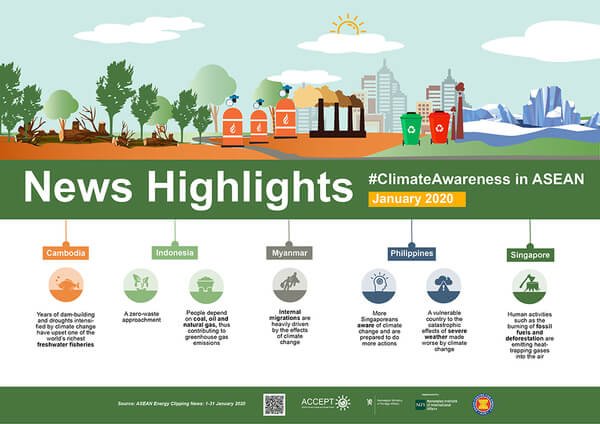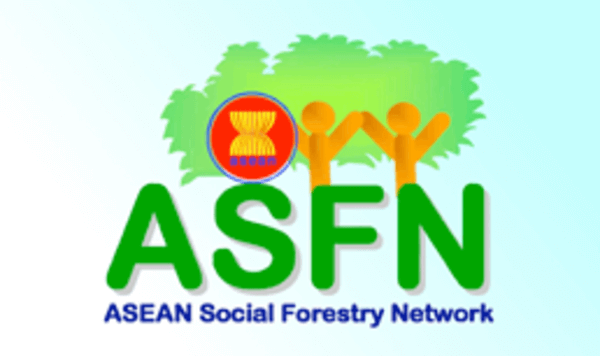The Association of Southeast Asian Nations (ASEAN) plays a vital role in addressing environmental challenges, particularly the pressing issue of deforestation and forest degradation.
Through the implementation of the Reducing Emission from Deforestation and Forest Degradation (REDD+) initiative, ASEAN member countries are collectively striving to combat climate change, protect their rich biodiversity, and promote sustainable forest management.
This article delves into the significance of ASEAN's efforts in REDD+, exploring its objectives, strategies, and the progress made in reducing emissions and conserving forests in the region.
The Importance of Forest Conservation
Forests in the ASEAN region are not only crucial for preserving biodiversity but also provide a wide array of ecosystem services, such as carbon sequestration, water regulation, and livelihood support for local communities. However, deforestation and forest degradation pose significant challenges, contributing to greenhouse gas emissions and loss of biodiversity. Recognizing the value of forests, ASEAN has prioritized forest conservation and sustainable management as a means to mitigate climate change and promote environmental sustainability.
The Objectives of REDD
REDD+ aims to reduce emissions from deforestation and forest degradation while promoting sustainable forest management, conservation, and the enhancement of forest carbon stocks. The initiative also seeks to support the livelihoods of communities living in and around forests. By providing financial incentives for countries to protect their forests and adopt sustainable practices, REDD+ addresses both the environmental and socio-economic aspects of forest management.
ASEAN's Role in REDD+
ASEAN plays a critical role in coordinating and facilitating REDD+ efforts among its member countries. The ASEAN Working Group on Climate Change (AWGCC) serves as the primary platform for collaboration, knowledge sharing, and capacity building on REDD+ within the region. It facilitates the exchange of experiences, best practices, and technical expertise to support countries in implementing REDD+ activities effectively.
Strategies and Initiatives
ASEAN member countries have implemented various strategies and initiatives to advance REDD+ in the region. These include policy reforms, land-use planning, community engagement, capacity building, and the development of national REDD+ strategies and action plans. Additionally, ASEAN fosters partnerships with international organizations, donor agencies, and other stakeholders to mobilize financial resources and technical assistance for REDD+ implementation.
Progress and Challenges
While progress has been made in implementing REDD+ in the ASEAN region, several challenges persist. These include illegal logging, encroachment on forest areas, lack of funding, limited technical capacity, and governance issues. Addressing these challenges requires sustained commitment, strengthened law enforcement, increased public awareness, and the involvement of local communities in forest conservation efforts.
The power of ASEAN is still to be fully unleashed!
ASEAN's commitment to reducing emissions from deforestation and forest degradation through the REDD+ initiative showcases its dedication to environmental sustainability and climate change mitigation. By promoting sustainable forest management, engaging communities, and collaborating with international partners, ASEAN member countries are working towards preserving their invaluable forests, protecting biodiversity, and contributing to global efforts in combating climate change. Through continued cooperation, capacity building, and resource mobilization, ASEAN is poised to make significant strides in achieving its REDD+ objectives and ensuring a greener and more sustainable future for the region.




